The world’s best female chef, Pía León: “My goal is creating memorable experiences”
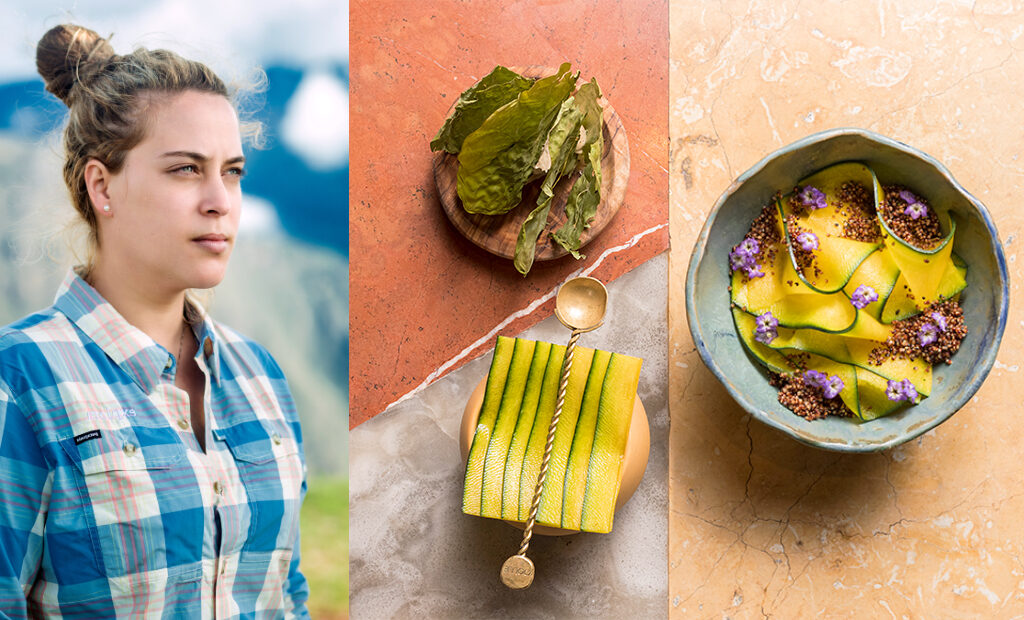
Resisting some criticism against having a prize specifically for women – a double-edge sword that, on one side, puts a spotlight on the category, but on the other, feels a bit out of touch – the World’s 50 Best Restaurants academy has voted Peruvian chef Pía León this year’s best female chef. Regardless of where you stand on this front, one thing is indisputable: gender aside, the Lima-born cook has helped to shape her national cuisine by building up some of the country’s most cutting-edge restaurants. León first made a name for herself at Virgilio Martínez’s acclaimed Central in her native capital, working her way up from the only female cook in the kitchen to head chef. However, the opening of her own restaurant, Kjolle, in 2018, along with a series of additional projects, has placed her even more firmly on the global stage. We spoke to the Peruvian pioneer about her reaction to the award; the importance of collaboration in her career; and her commitment to local ingredients and producers.
Congratulations, what an honour being voted best female chef by the 50 Best academy. Where were you when you received the news and how did you react?
I was at the restaurant as usual, and at first there was silence. I took a moment to reflect on what is important right now in my professional life, but also family-wise. And I felt grateful and satisfied with a recognition I wasn’t expecting.
Notoriously, there’s a lot of debate about the lack of significant recognition for female chefs. How instrumental is this award for the whole category?
I think the visibility of a female chef is still important. The scene has clearly mostly men as main characters, and it probably responds to a lot of factors, but I’d say an award as “best” conveys a message of possibility, of recognition of one´s career, and hopefully, of soon not having to determine whether it is a male or female cook receiving it.
You have been very busy with several projects: Kjolle, Mil, Mater Iniciativa, Mayo and of course Central. Can you tell us a bit more about each project and why they are important?
Central has been the path, the exploration route. Also, the compass, us learning by experimenting and going outside. Mil has been a milestone. Going to the extreme altitude and executing the impossible: a concept so isolated and so magical. There is so much involved: history, culture, social and natural environments. Mater is embedded in everything we do. Our strongest foundation, and an interdisciplinary effort, which is at the core of what we do. Mayo is enjoyment with drinks and casual food. Kjolle is pure evidence. After many years in the kitchen of Central, checking at every component of every dish, Kjolle is my way to do things by applying all we learnt. The team was built from Central´s, so we keep our style and values, and it all feels like a brotherhood.
Covid didn’t make it easy for international diners. How has your clientele changed since the beginning of last year?
It changed from mostly international to mostly national. And it has been super interesting. Like getting to know each other again. And there is a lot that has changed over the past two years. People’s priorities and time for joy and pleasure, for sharing, is much appreciated.
You work with Virgilio – who we love very much. How do you balance each other’s role in the running of the restaurants?
We care about everything we do, and for each other. We complement each other, and have different skills. He is the creative, inventive, strategist, etc. I am in execution, making plans possible, creating the teams for expansion, thinking about realities.
The popularity of Latin American chefs sky rocketed at the beginning of the last decade, how do you think the cuisine is changing and evolving there, from Mexico to the bottom of Chile?
I think it is evolving everywhere. And it should. Times have changed. People want to experience new things and get in contact with new ideas. We have immense responsibility about food trends and the kind of decisions that consumers might make on a daily basis, but it is only a fraction of the amount of things that could be done better, by everybody. Let’s say there are lot more professionals who may collaborate in making this world a better place.
Let’s talk about cooking. When did you learn how to cook and what was the very first dish that gave you the confidence to go ahead with this profession?
At home with my mom there was always a lot of cooking. She was a caterer and loved to do so. I used to assist her since I was little and it was super exciting. Then, I got to make my first Rice and Seafood (typical from here, and very much criticised if it is not perfect) and I was looking for excellence. I knew already what I wanted to be as a grown-up.
What makes a restaurant experience complete?
Every detail. From reservations to the moment guests leave the restaurant. And even later. The kind of experience you remember every time you think of a moment of happiness. I think hospitality has gained more meaning these days. Challenged by wearing a face mask, but as relevant as ever.
Are you a fan of wine pairings or more of a bottle person?
When I am having dinner at someone’s, I let this person decide what I should take. Get fully committed with the new.
There’s a lot of talk about the importance of kitchens working together with the front of house as if they were a single team, and yet in most of the restaurants this is hard to achieve.
I think a nice working environment is of most importance. And the quality of service relates to communication and synchrony with the kitchen. It should be very well orchestrated, but also ready to react because there must be room for spontaneity and creativity.
Are you a technical chef or is it more about focusing on produce and flavours?
My focus is on products and mixing components.
Fermentation is becoming increasingly popular in high-end restaurants. Do you work with many fermented ingredients?
There is a lot in Peru to rediscover. Fermentation, natural lyophilisation, dehydration, curated ingredients, there is so much in our different cultures that we must look into. Our focus is on shedding a light into the kind of culinary processes that we might have been missing that are linked to our identity.
I understand you do a lot of work with local farmers and growers. What does it allow you to do at the restaurant?
It allows us to have a wide visual field. To see how much there is when harvest comes, and how many rituals and practices are cultural. The amount of info that Mater’s gatherings makes us realise how much effort a farmer invests in growing fantastic products and how bio and cultural diversity are connected.
At this point in your career, what’s your goal for the next ten years?
My goal would be to continue creating memorable experiences from a kitchen that keeps on working with locals and products we feel proud of.
Are you excited about coming to Antwerp for the awards next October? Will you consider stopping in London for a dinner/event, to introduce yourself to UK diners?
Sure am. Of course I would consider!
Filippo L’Astorina, the Editor
The World’s 50 Best Restaurants will reveal this year’s list on 5th October 2021 in Antwerp. For further information visit the 50 Best website here.

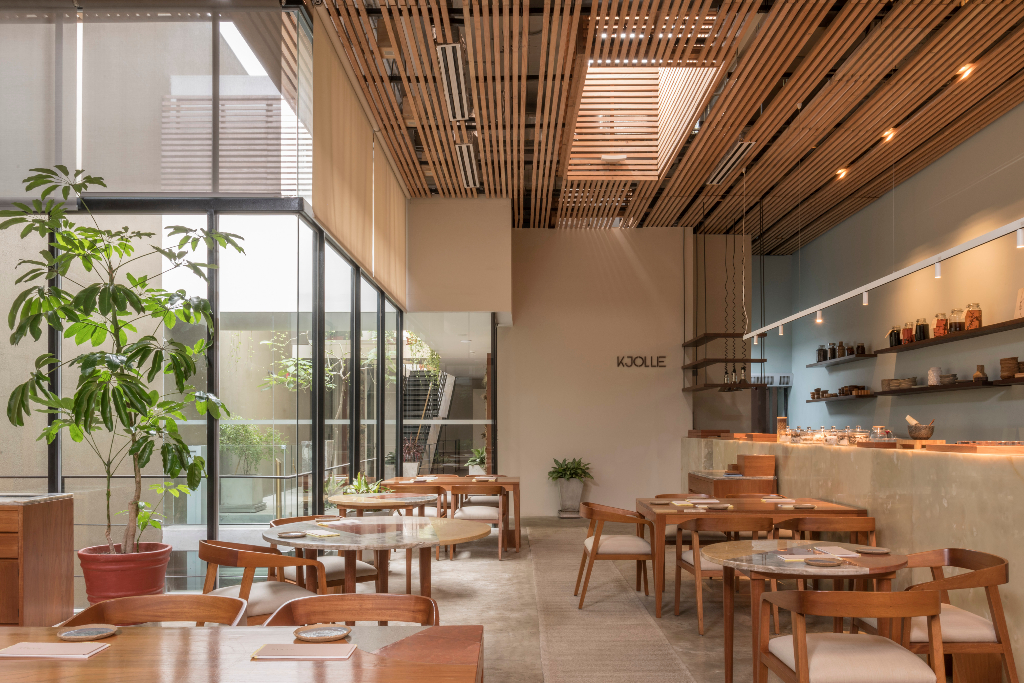
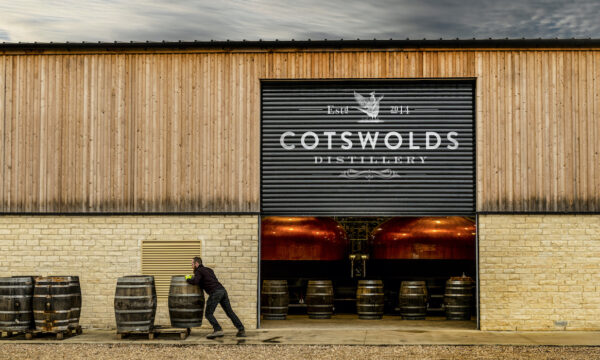
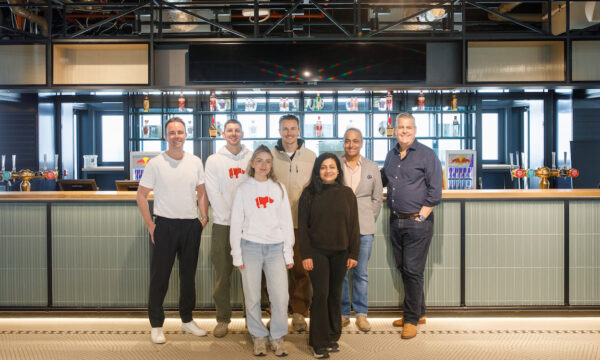
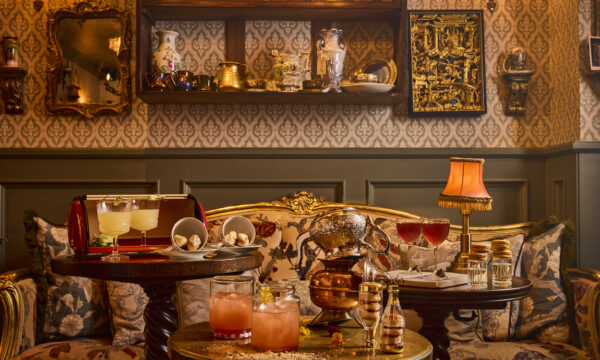
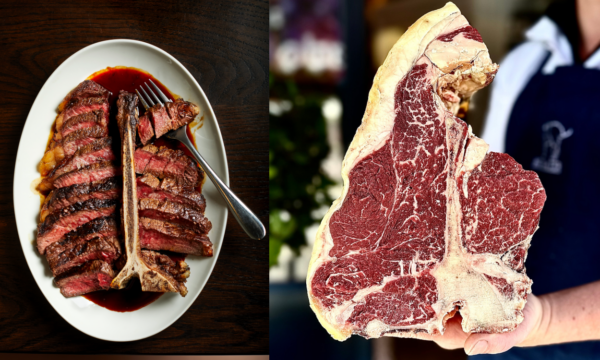
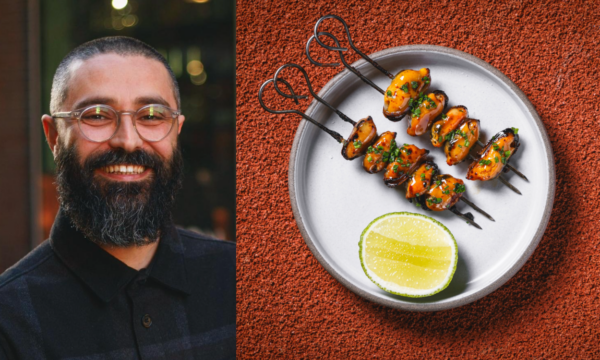
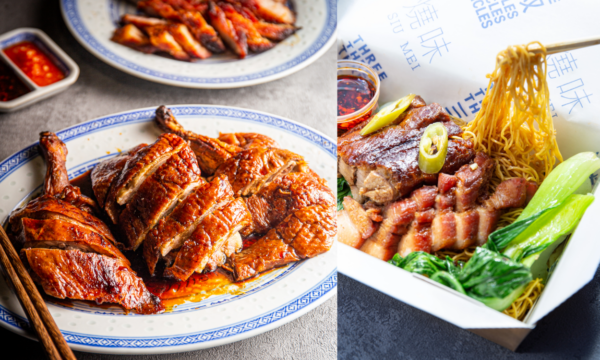
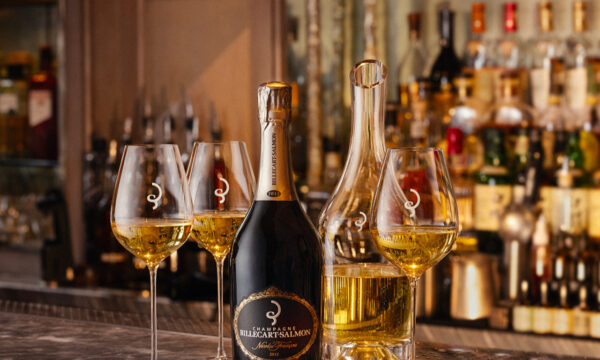
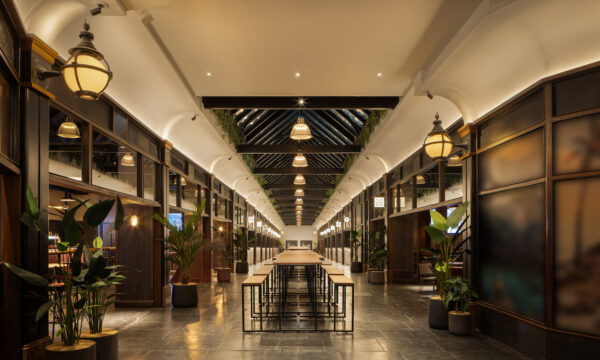
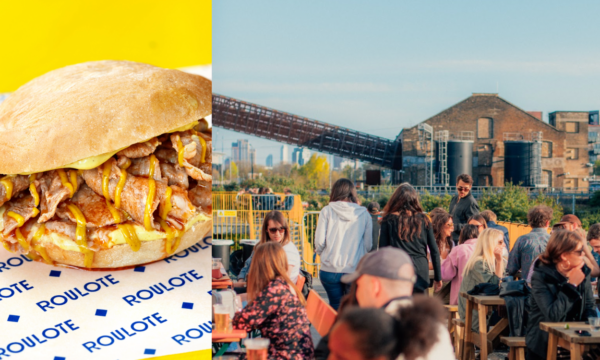














Facebook
Twitter
Instagram
YouTube
RSS